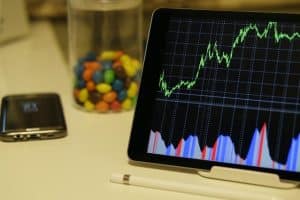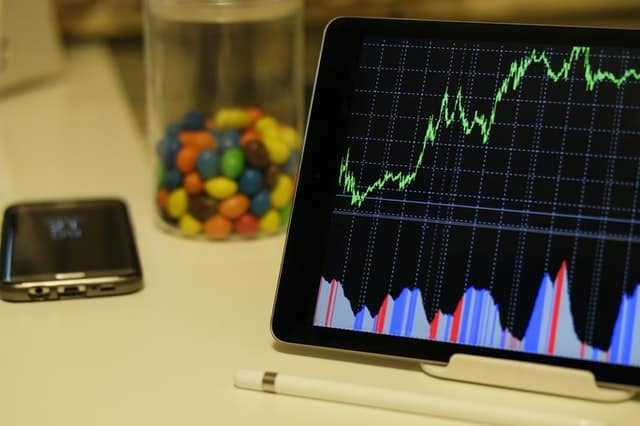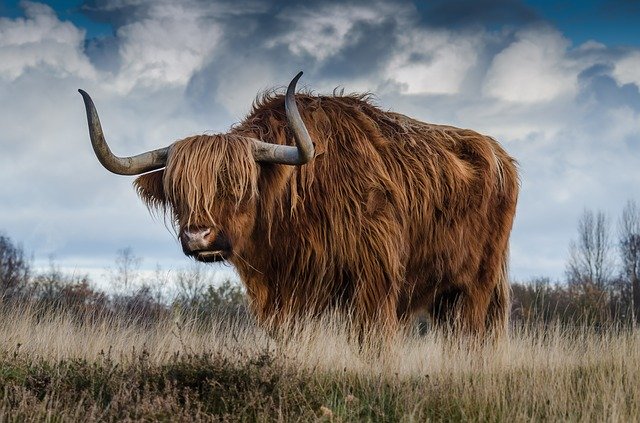Johnson & Johnson (JNJ) has been granted permission by the Office of Food and Drug Administration (FDA) to use the emergency use vaccine COVID -19 on Saturday.
J&J surged 3.52% on Monday before trading opened. The stock has gained nearly 14% over the past 12 months.
From a government contract to supply 100 million doses of vaccine by the end of June, J&J previously announced it plans to deliver 20 million doses of vaccine by the end of March.
Johnson & Johnson (JNJ) was behind Pfizer and BioNTech, and Moderna (MRNA) started vaccine supply against the coronavirus. J&J’s vaccine provides a greater immunity due to requiring only one injection instead of necessary re-vaccinations to protect against coronavirus.
The vaccine made by J&J does not require special storage conditions and can be kept between 2.2°C – 7.8°C, unlike vaccines manufactured by Pfizer and BioNTech, which require ultra-low temperatures.
Protective rates vary depending on the region, with the J&J vaccine having a mean efficacy of 66% in the United States, 72% efficiency, 66% in Latin America, and 57% efficacy in Africa. South Africa, however, showed vaccination efficacy of 64% after just one month.
J&J has stated that its vaccine is effective against a more infective strain of the SARS-CoV-2 B.1.351 epidemic that has spread in South Africa.
However, data from Pfizer and Moderna did not include testing for additional strains of coronavirus. These companies are currently conducting additional research.
During one clinical trial, the J&J vaccine prevented 100% of hospitalizations and deaths among 43,783 adults over 18 and met the FDA’s 50% minimum requirement for vaccines.
Johnson & Johnson (JNJ) executives previously told analysts that vaccines during the pandemic would not be available at a profit but would be provided free of charge as necessary.
Should the COVID-19 vaccine be included in the US and other countries’ annual vaccination calendar, J&J could profit from COVID-19 vaccines.









